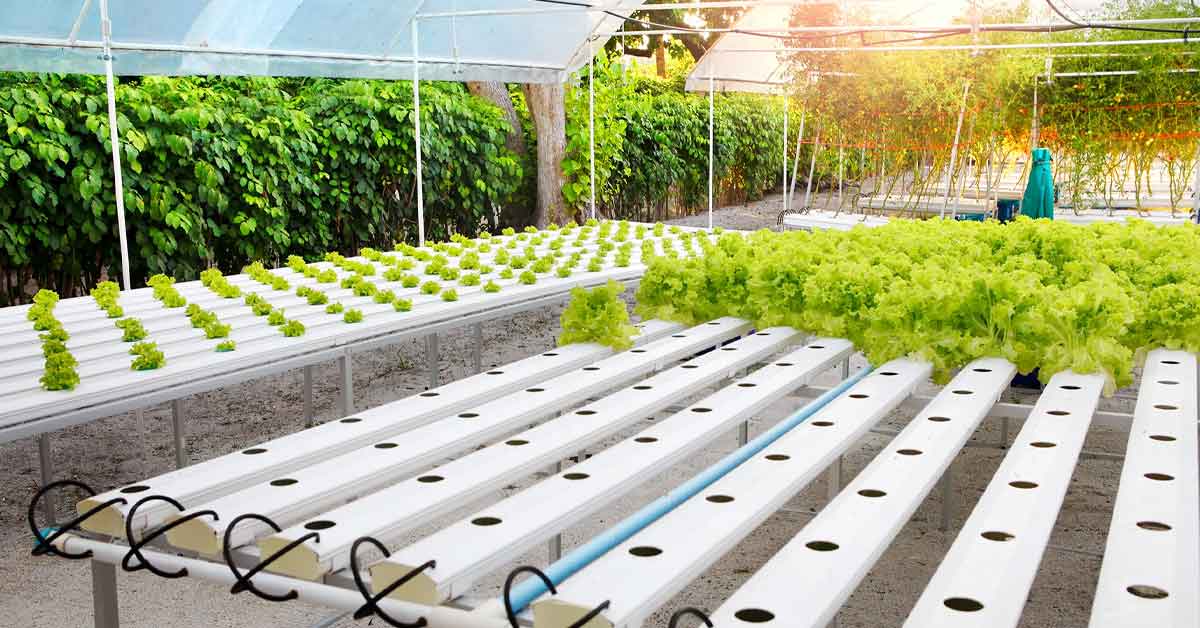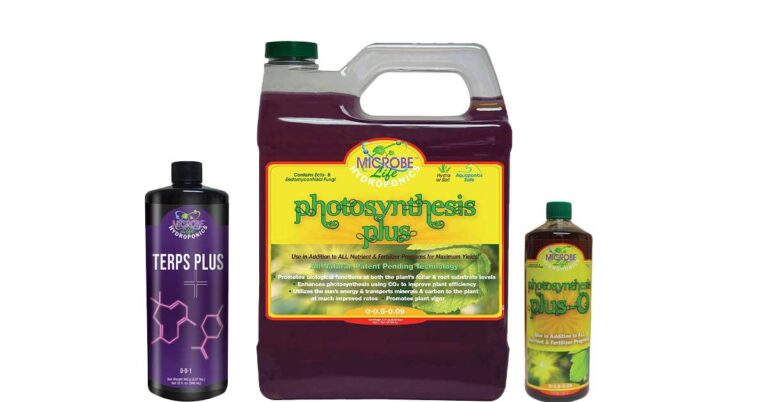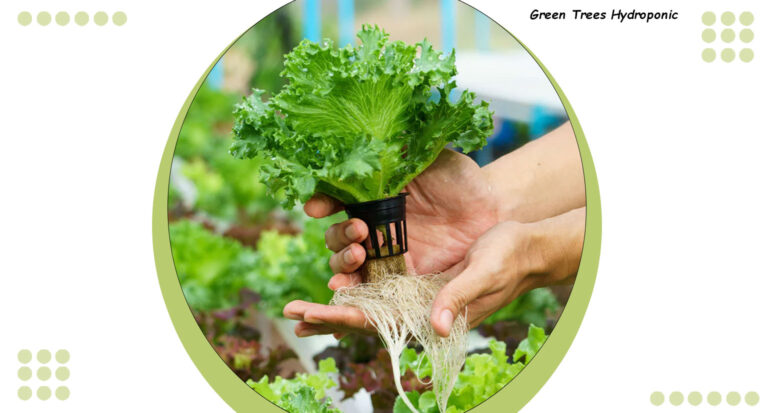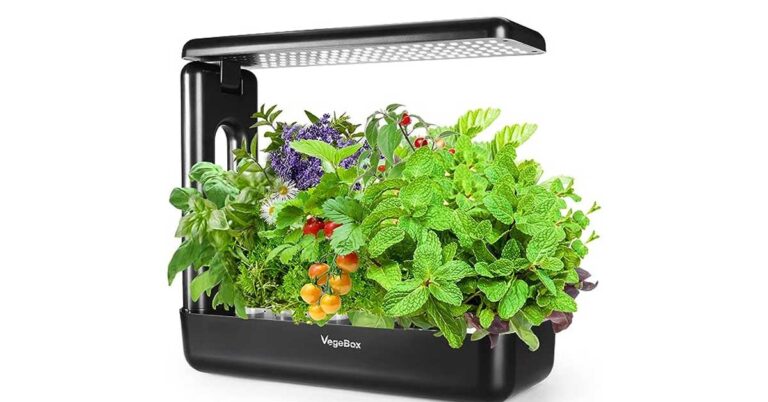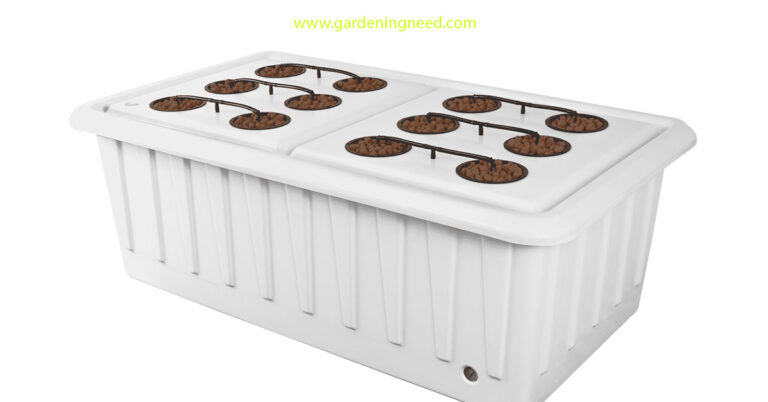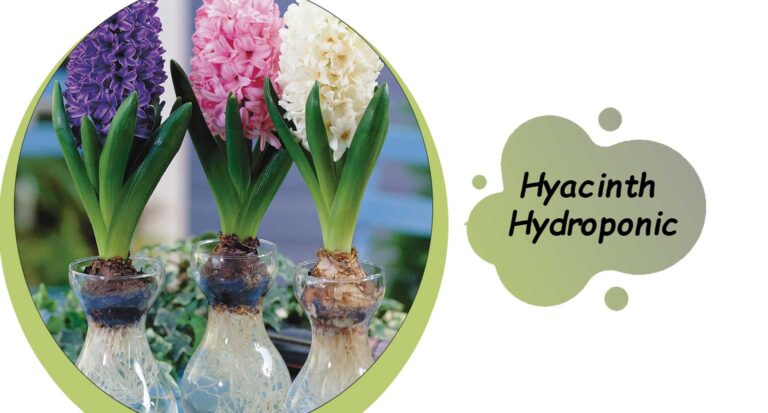Horizon Hydroponic System
Horizon Hydroponics is a pioneering company in the realm of hydroponic gardening, a soil-less growing technique that has revolutionized modern agriculture.
Specializing in high-quality, innovative products, Horizon Hydroponics endeavors to empower both amateurs and professionals to cultivate plants with increased yield, efficiency, and sustainability.
The company’s commitment to advancing this promising field has positioned it at the forefront of the hydroponics industry and made it a trusted choice among growers.
An overview of Hydroponic Gardening and its Benefits
Hydroponic gardening, at its core, is a method of cultivating plants without soil, using mineral nutrient solutions in a water solvent instead.
This avant-garde approach to agriculture offers numerous benefits:
- Efficiency and Space-saving: Hydroponics allows for higher density planting, meaning more yield per square foot.
- Water Conservation: As the water in a hydroponic system is recirculated, it uses significantly less water compared to traditional soil gardening.
- Controlled Environment: Hydroponics allows for complete control over the growing environment including the nutrients, pH, and light exposure, leading to optimal plant growth and yield.
- No Soil-borne Diseases: Without soil, crops are less likely to receive soil-borne diseases and pests, reducing the need for harmful pesticides.
- Improved Nutrition: Hydroponically grown plants can be richer in nutritional value, providing a healthier option for consumption.
How to Set Up a Horizon Hydroponic System
Setting up a Horizon Hydroponic System is relatively straightforward, enabling even novices to begin their hydroponic gardening journey with ease:
- Choose the Appropriate System: Horizon Hydroponics offers a range of systems catering to different plant types and grower needs. Select the one that suits your requirements, whether for leafy greens, fruiting vegetables, or flowers.
- Prepare the Grow Space: Find a space in your home or garden that has access to electricity and water. Ensure the area is clean and free from pests.
- Assemble the System: Follow the instruction manual provided with the system. Most Horizon Hydroponic Systems are designed for easy assembly.
- Add Water and Nutrients: Fill the water reservoir with water and add the provided hydroponic nutrients. Follow the instructions on the nutrient package for the correct dosage.
- Plant Your Seeds or Seedlings: Place your seeds or seedlings in the grow pots or net cups, ensuring they’re securely positioned.
- Monitor and Maintain: Regularly check the water pH level, nutrient concentration, and light exposure. Refill the water reservoir and adjust nutrients as needed.
What Types of Plants Can you Grow with Horizon Hydroponics
Horizon Hydroponics systems are versatile, designed to accommodate a wide range of plant types.
Popular choices include leafy greens such as lettuce, spinach, and arugula which thrive in this soil-less environment.
Herbs like basil, mint, and dill also do exceptionally well, providing a fresh, flavorful addition to your kitchen.
For those interested in fruiting vegetables, tomatoes, strawberries, and cucumbers are great options. They benefit greatly from the nutrient-rich, controlled environment, resulting in high-quality yields.
Flowering plants such as marigolds and orchids can also be successfully cultivated with Horizon Hydroponics. The system facilitates ideal conditions for these beauties to bloom vibrantly.
In essence, with the right system and care, you can grow virtually any plant hydroponically, making Horizon Hydroponics a versatile tool in your gardening endeavors.
Where to Buy the Supplies for Creating a Horizon Hydroponic Setup
Horizon Hydroponic supplies can be purchased through various avenues for your convenience.
The company’s official website is the primary source, offering a comprehensive catalog of products, from complete hydroponic systems to individual components and nutrients.
Additionally, Horizon Hydroponics products are available on major e-commerce platforms like Amazon and eBay, providing a convenient online shopping experience with customer reviews for added assurance.
For those who prefer a hands-on approach, locating a Horizon Hydroponics store or an authorized retailer can offer the advantage of personalized advice and the opportunity to inspect products firsthand.
Use the store locator on the Horizon Hydroponics website to find a store near you.
Finally, don’t forget to check out local garden centers and specialty hydroponics stores. These establishments often carry Horizon Hydroponic products and can provide valuable insights and tips for setting up your hydroponic garden.
Tips on Maintaining Your Horizon Hydroponic System
Maintaining a Horizon Hydroponic System is key to ensuring optimal plant growth and longevity of the system.
- Regular Monitoring: Monitor your system daily to check for any changes in nutrient levels, water pH, and temperature. These parameters are crucial for the health of your plants.
- Water Quality: Use high-quality, filtered water in your hydroponic system to prevent the buildup of minerals and salts that can damage the plants.
- Cleaning: Clean the system regularly to prevent the buildup of algae and other pathogens. Be sure to rinse all parts thoroughly and replace the water and nutrients after cleaning.
- System Inspection: Regularly inspect your hydroponic system for any signs of leaks, wear and tear. Prompt repairs can prevent further damage and maintain the efficiency of the system.
- Addressing Plant Health: If you notice any signs of plant stress or disease, address it immediately. This might include adjusting nutrient levels, light exposure, or temperature, or it may require more drastic measures such as removing infected plants to prevent spread.
Troubleshooting Common Issues With Horizon Hydroponics Systems
Like any gardening system, Horizon Hydroponics systems can occasionally encounter issues. However, most of these can be easily addressed with a bit of troubleshooting:
- Stunted Plant Growth: If your plants aren’t growing as expected, this could be due to insufficient light, nutrients, or incorrect pH levels. Verify the light source is adequate, check the nutrient concentration with a nutrient meter, and ensure the pH level is appropriate for your plant type.
- Yellowing Leaves: If leaves are turning yellow, this could indicate a nutrient deficiency, usually nitrogen. Increase the concentration of nutrients in your water solution. If the problem persists, you may need to flush your system and start with fresh water and nutrients.
- Algae Growth: If you notice algae growth in your system, it’s usually because of light exposure to your nutrient solution. To prevent this, make sure your system is light-proof. If algae have already formed, clean your system thoroughly and start with a fresh batch of nutrient solution.
- Wilted Plants: If plants appear wilted or droopy, they may not be receiving enough water. Check the water pump for any malfunctions. If the pump is working correctly, check the water temperature; it should be between 65-80°F.
- Pests: If you’re dealing with pests, introduce natural predators into your garden or use an organic pesticide. Remember, preventing pests is easier than dealing with an infestation, so maintain a clean growing environment.
Conclusion
Embracing Horizon Hydroponics offers an innovative approach to gardening that is efficient, versatile, and eco-friendly.
From leafy greens to radiant flowers, the system is equipped to support a broad spectrum of plant life, making it an excellent choice for green thumbs and novice gardeners alike.
Although potential issues may arise, most can be easily addressed with regular monitoring and basic problem-solving.
By maintaining the system properly and prioritizing plant health, you can create a flourishing hydroponic garden right in your home.
Step into the future of gardening with Horizon Hydroponics to experience the joy and satisfaction of growing your own plants.

